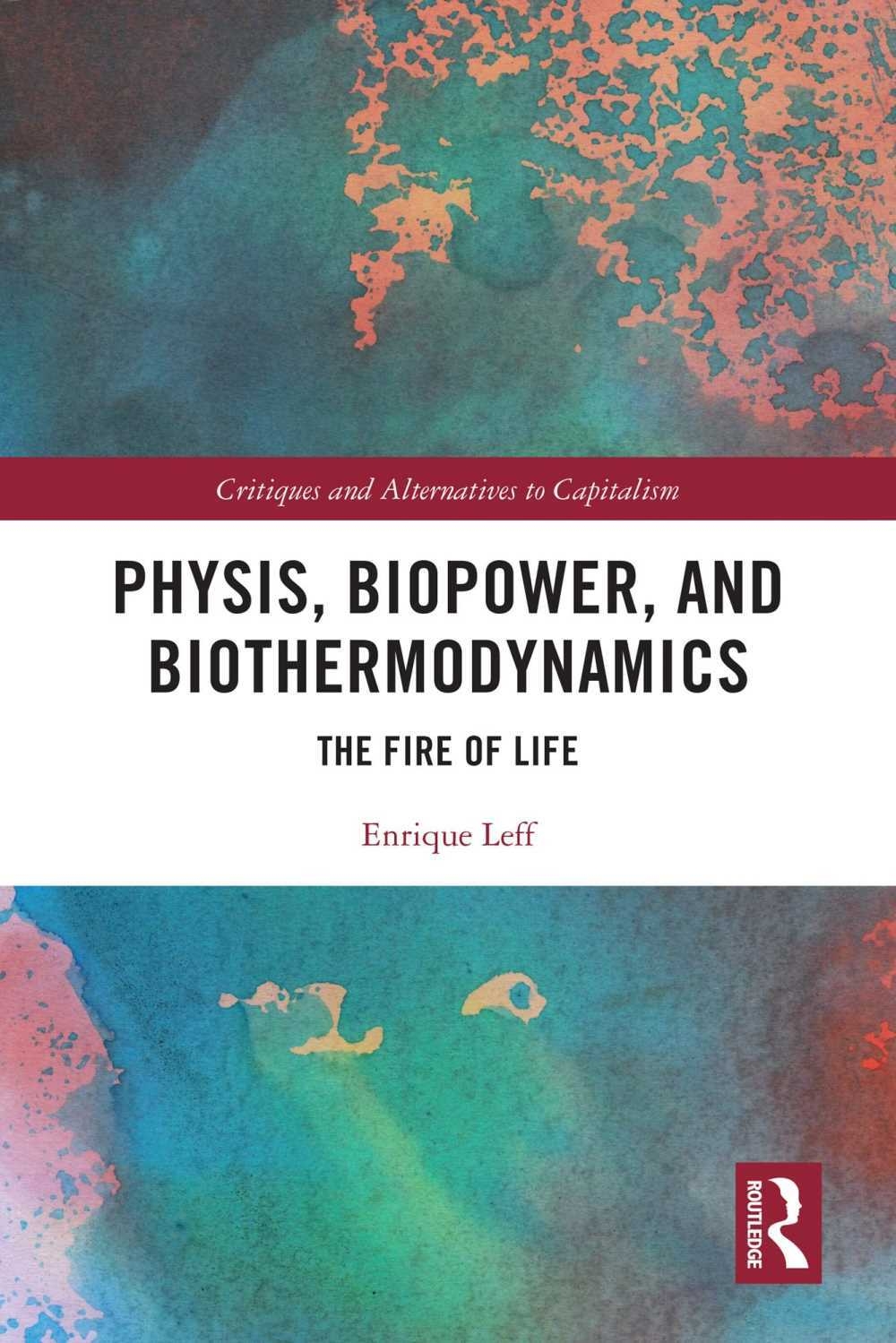Building upon the idea that our current "environmental question" arises from the history of metaphysics--which privileged thought about Being (or ontology) over the conditions of life--this book reinterprets Heraclitus’s notion of physis as the fundamental, emergent potency of life, as the category to-be-thought by thinkers. In so doing, it deconstructs the interpretation offered by Heidegger and so stresses the struggle between the creative force of life and its subjection to the human Logos or "meaning". Physis, understood as the pre-ontological potentiality of life itself, thus becomes the cornerstone of a materialist philosophy of life.
Following engagements with the work of Nietzsche, Foucault, and Janicaud to explore the significance of human intervention into the realm of life via the "will to power", "biopower" and the "power of rationality" respectively, the author explores twentieth-century rearticulations of the concept of physis through a range of developments in biothermodynamics, thus grounding a new philosophy of life and a new bioeconomics in a revisited biothermodynamics centered on the concept of negentropy.
An extensive engagement with the history and development of thought about the generative force of life on Earth, Physis, Biopower, Biothermodynamics, and Bioeconomics: The Fire of Life will appeal to scholars of philosophy, social theory, and political theory with interests in environmental thought, political ecology, and questions of sustainability.











